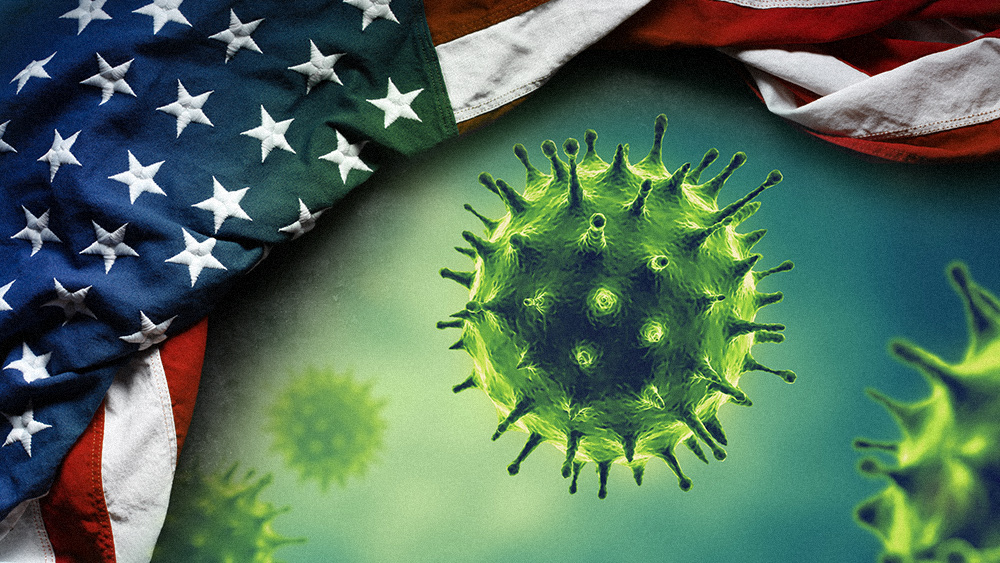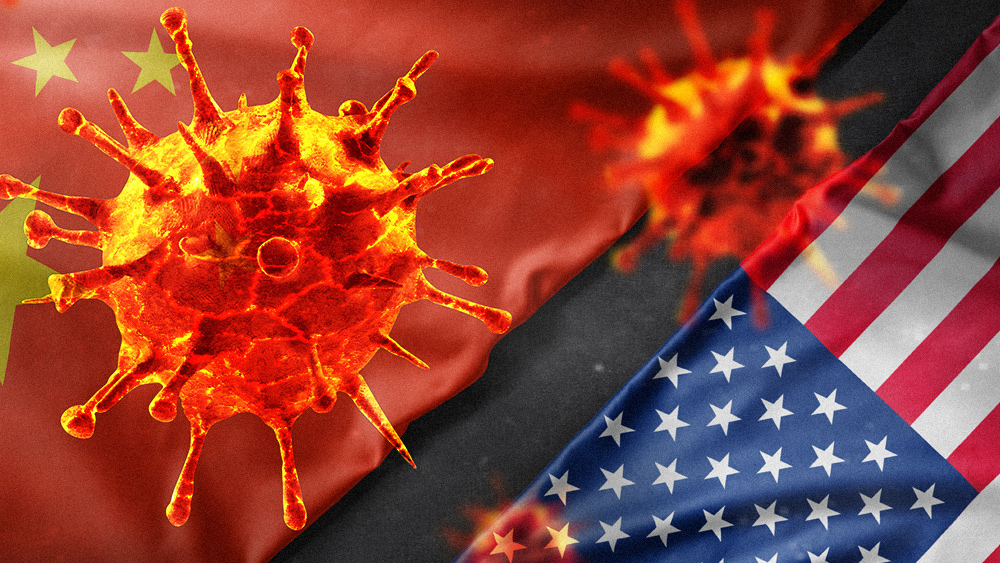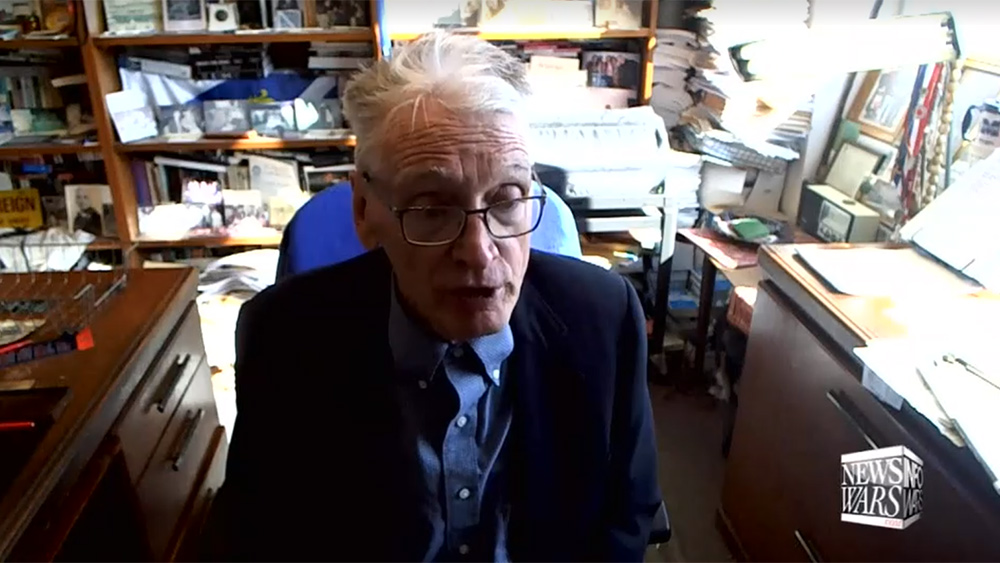Director of CDC warns Americans that Wuhan coronavirus is “coming,” will spread widely, and likely last “beyond 2020”
02/16/2020 / By JD Heyes

Americans have largely been spared most of the world’s deadly diseases and pandemics in recent decades, but the head of the Centers for Disease Control and Prevention isn’t so sure that we’re going to be spared the wrath of the Wuhan coronavirus (COVID-19).
At president, the extremely virulent virus is ravaging China — especially in Wuhan City, the epicenter of the outbreak, so much so that the city is importing funeral home workers from around the country and paying them $143 an hour just to process all the bodies, The Epoch Times reports.
CDC Director Dr. Robert Redfield, in an interview last week, didn’t make any predictions about that kind of morbidity in the United States, but he did say that the outbreak will reach our country and become a “community virus” this year or even into next year.
“We don’t know a lot about this virus,” he told CNN’s Dr. Sanjay Gupta. “This virus is probably with us beyond this season, beyond this year, and I think eventually the virus will find a foothold and we will get community-based transmission.”
He added ominously: “Right now, we’re in an aggressive containment mode,” Zero Hedge reported.
As of last week, some 15 cases of the virus had been confirmed in seven states: Eight in California, two in Illinois and one in Arizona, Washington, Massachusetts, Wisconsin and Texas, CNN reported.
Redfield noted that while more research is necessary, his agency is now focused primarily on containment strategies in order to isolate the bug and slow its spread, thus buying more time to develop ways to combat it.
“The containment phase is really to give us more time. This virus will become a community virus at some point in time, this year or next year,” said Redfield. “We don’t have any evidence that this coronavirus is really embedded in the community at this time, but with that said, we want to intensify our surveillance so that we’re basing those conclusions based on data.”
‘I would rather be criticized for over-protecting America’
CNN noted further:
The containment strategy refers to efforts to prevent widespread transmission of the coronavirus in the United States, including having people with confirmed cases stay in isolation and placing restrictions on travel between affected areas in the world. Such containment measures were used widely during the SARS global outbreak of 2003, during which 8,098 people worldwide became sick and of those, 774 died, according to the CDC.
The World Health Organization has said that global travel restrictions on foreign nationals could actually backfire, but the Trump administration has nonetheless implemented them against foreign nationals who have visited China within the past 14 days, barring them from entering the U.S. And anyone who has traveled to Wuhan City will be subject to a 14-day quarantine.
According to reports, WHO Director-General Tedros Ahanom Ghebreyesus voiced opposition to travel restrictions last week, saying, in part, that they would “unnecessarily interfere with international travel and trade,” as well as create “fear and stigma.”
But Redfield dismissed that.
“Frankly, some people criticized when we decided that we wanted to temporarily suspend travel into the United States from individuals who were not Americans or permanent residents who had been in the hot zone in the last 14 days. Some people didn’t think that that was what they would do,” he told CNN.
“Well, we felt very strongly that our obligation was to do all we can to protect the American public,” he added. “I would rather be criticized for over-protecting America than under-protecting America at this stage.”
The U.S. military is also preparing, as Natural News reported. Site founder/editor Mike Adams, the Health Ranger, noted that the Pentagon sent out orders to the Northern Command to begin assessing its capabilities to handle a pandemic.
Plans “include ordering commanders to prepare for widespread outbreaks and confining service members with a history of travel to China,” the Military Times added.
Sources include:
Tagged Under: CDC, China, coronavirus, covid-19, epidemic, Northern Command, outbreak, outbreaks, pandemic, Pentagon, preparations, Public Health, Robert Redfield, Trump administration, U.S. military, United States, Wuhan coronavirus




















